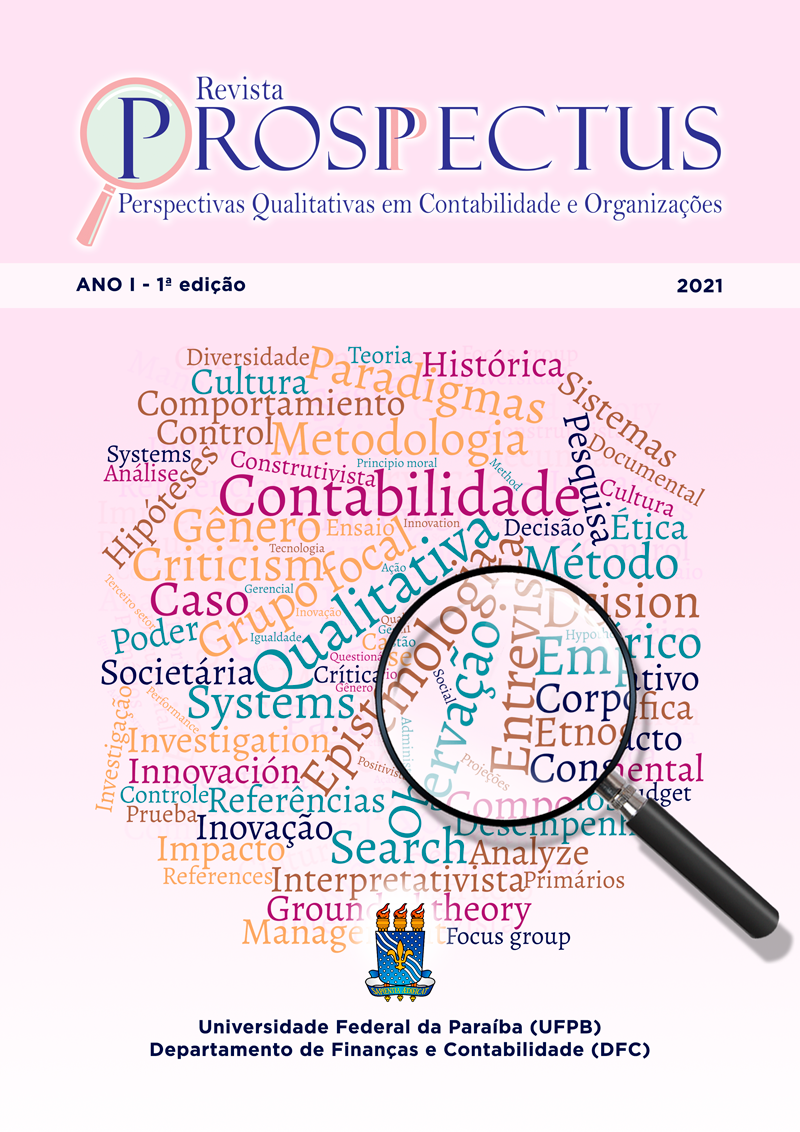SLAVERY DISCOURSE AND ABOLITION IN BRAZIL: THE CASE OF BANCO DO BRASIL (1885-1902)
DOI:
https://doi.org/10.22478/ufpb.2763-9606.2021v1n1.58870Keywords:
Slavery, Accounting, Banco do Brasil, Critical DiscourseAbstract
Objective: The article aims to study the slavery discourse in Brazil at the end of the 19th century.
Method and approach: Specifically, carry out a critical analysis of the discourse of Banco do Brasil's financial statements and annual reports between 1885 and 1902 using concepts from Karl Marx's political theory: reification, commoditization and dehumanization.
Main results: We argue that the ideology practiced in relation to the slave shows the superstructure necessary for the structure. We suggest that the discourse employed reified the slave, considering it as a thing; commoditizing the slave, including its exchange value, as an asset, as a guarantee, depriving it of all form of human dignity (dehumanization).
Contributions: By studying accounting with a critical purpose, we can contribute to other uses of our discipline, such as discourse employed and its dialectics in accounting practice. In this sense, the discourse is justified and makes slavery part of the national ruling class's conception of the world, which must permeate throughout society.
Originality/relevance: This paper contributes to the understanding of how accounting, including its discourse and concepts can be used by the ruling class to justify racism and slavery in Brazil.
Downloads
Downloads
Published
How to Cite
Issue
Section
License
Copyright (c) 2021 Prosppectus - Perspectivas Qualitativas em Contabilidade e Organizações

This work is licensed under a Creative Commons Attribution-NonCommercial 4.0 International License.


